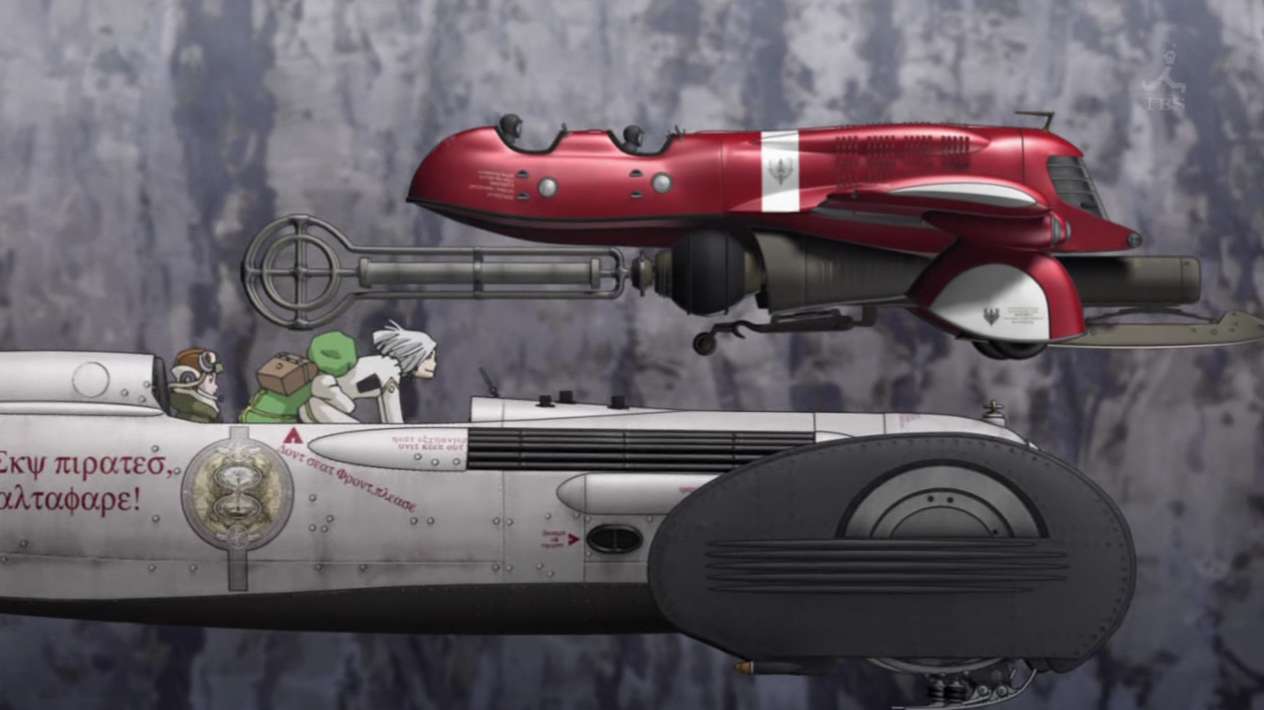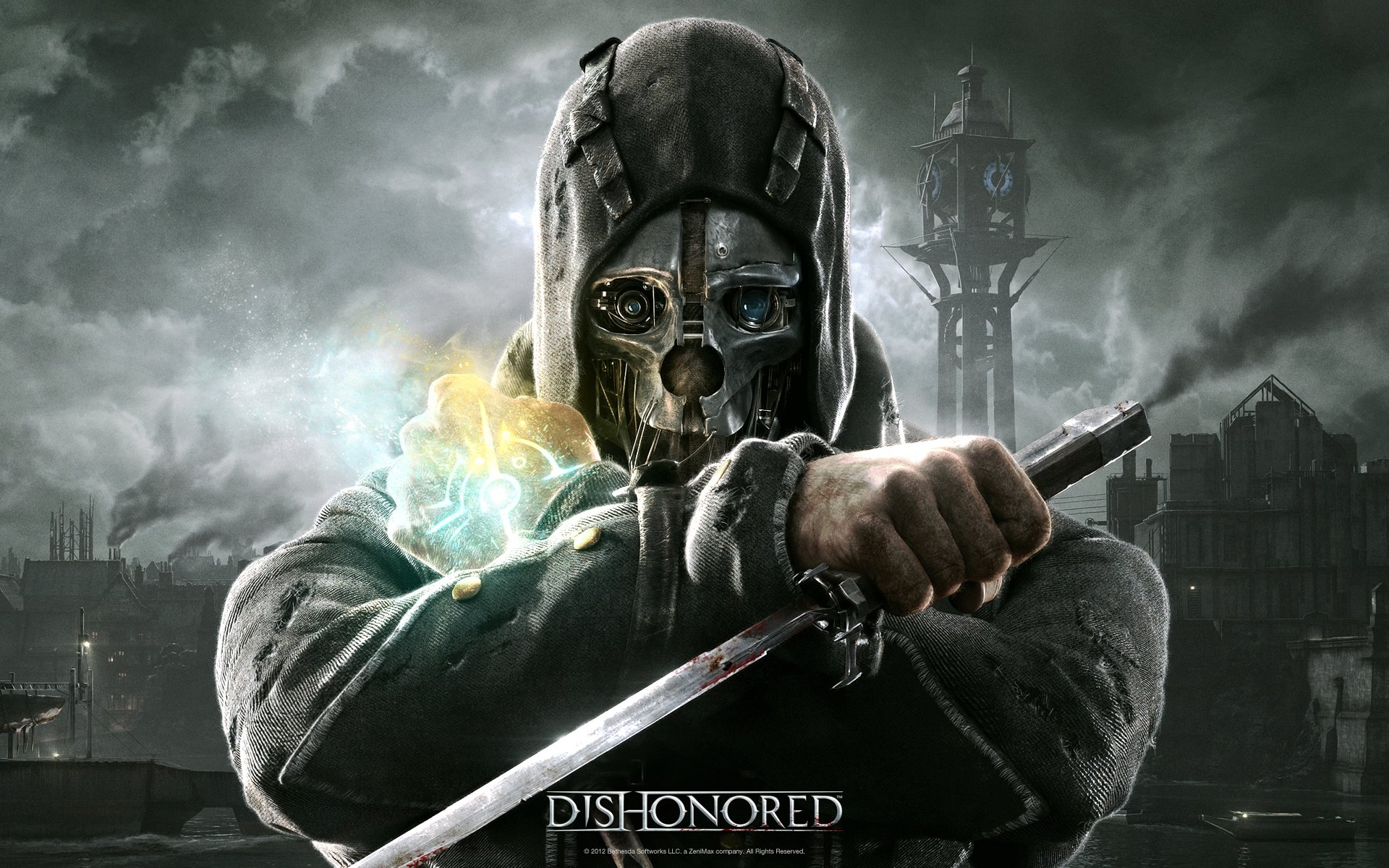C
Chessie
Guest
So I've been reading some Steampunk lately and I really like it. Its strangeness interests me, but I don't understand all its elements. I'm currently working on a story placed in a Yukon type setting with a Russian twist, where I've been playing with the idea of using locomotives and rifles. I haven't fully gone with it because I'm using magic and I want it all to make sense.
I was wondering if anyone could explain the Steampunk fantasy sub genre and if there are any good examples to check out.
I was wondering if anyone could explain the Steampunk fantasy sub genre and if there are any good examples to check out.

 Myth Weaver
Myth Weaver
 Vala
Vala




 Troubadour
Troubadour